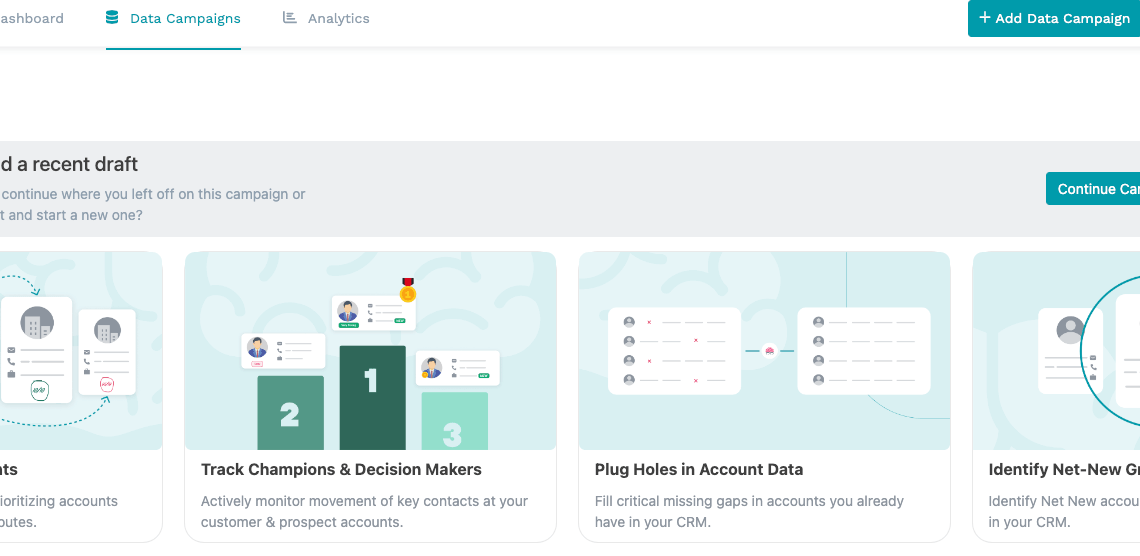Y Combinator has become one of the leaders in accelerating the launch of tech startups, and for good reason. With names like DoorDash, Airbnb, and Quora on its list of successes, it’s clear Y Combinator’s three-month programs are as productive as they are intense. Just making it to Demo Day and presenting your company to investors and the press is an accomplishment. Here’s the question, however: what is the success rate of companies once the program is over, and what can we learn from this?
To get insights, LeadGenius looked at 437 companies and 722 founders who took part in Y Combinator in 2020. In analyzing what happened once presentations were over, one thing was clear: business is tough no matter how you get your start.
Table of Contents
A little context before looking at who made it and who didn’t
Remember that in 2020, the world was caught in the grip of a pandemic that shuttered companies and forced lockdowns. So, it’s safe to say that the startup leaders in Y Combinator’s program were already facing some steep odds. Add to this the increasing reliance on both the Internet and cell phones, and you had a challenging landscape for these entrepreneurs to operate within.
An overall picture of how the 2020 Y-Combinator class fared
The good news comes first: combined, the 437 companies raised $5.5B, with 83% active today, 85% of 722 founders still leading their companies, 1 company going public, and 8% of companies acquired. Investors were obviously impressed by the companies they saw and rewarded them with their support.
The not-so-great news is 9% of companies are either inactive or closed, and 15% of founders have moved on, with 37% of them founding new ventures.
Some startups that have found success, been acquired, or have stumbled
Still going strong:
- Pardes Biosciences, which raised $199MM to treat and prevent viral infections;
- Jeeves, which provides an all-in-one corporate card and expense management platform built for global businesses and raised a $180MM Series C; and
- Whatnot, an independent live, social commerce marketplace that raised $260M Series D at a $3.7B valuation.
Also funded:
- Airbyte, the open source data integration platform that raised more than $150MM in Series B at a $1.5B valuation led by Altimeter Capital, Coatue Management, Thrive Capital, Salesforce Ventures, Benchmark, Accel, and SV Angel;
- Linktree, the well-known Australian link-in-bio startup that raised $200MM in external funding at a $1.3B valuation; and
- Spenmo, the Singapore-based spend management platform company that completed an $85MM Series B financing led by Tiger Global, following a a US$34MM Series A round led by Insight Partners.
Acquired:
- KeyDB, developer of an open source, high-performance database and acquired by Snap for an undisclosed sum.
- Bandit ML, an e-commerce, machine learning company that optimizes product recommendations and promotions for dozens of online stores and was acquired by Silo Technology.
- Easyplan, an AI-powered financial savings app company that was acquired by Neobanking startup Jupiter to expand its customer base and enhance its saving and investment capabilities.
Inactive or closed:
- Openbase, which raised a $2.4MM Seed round and aimed to be the Yelp of Open Source software, helping developers find packages.
- GoDutch, a group payments startup that raised a $1.7MM Seed round and was led by Matrix Partners India, with participation from Global Founders Capital, Soma Capital, and VentureSouq.
- OneTool, which raised a $1.7MM Seed round and envisioned consolidating all 30k+ SaaS apps into one app-store for business software so that companies could manage all their software in one place.
The takeaway for entrepreneurs who are launching their own startups
What conclusions can we draw from our data about Y Combinator’s class of 2020? We can safely assume that each leader had a killer idea, put in the sweat equity, and took the right steps to launch their company. The differences between those that thrive and those that don’t come down to luck, an unforgiving market, and perhaps even fate. Remember, while Y Combinator is invaluable, the reality is that when the program is over, startups face the same market as anyone else. And that is why the business world is both incredibly exciting and frustrating at the same time. It tests you every day, and you only find out at the end of the day if you won or lost.
If you’re interested in creating custom data sets like the ones we used to identify what happened to the Y Combinator Class of 2020, we can help. We’re experts in creating custom data sets tailored to your company’s unique needs. Whether you want to identify new markets or track industry trends, our team of data experts work with you to develop custom data sets to fuel your sales and marketing efforts. To learn more about how LeadGenius can help your business, visit us at www.leadgenius.com.

